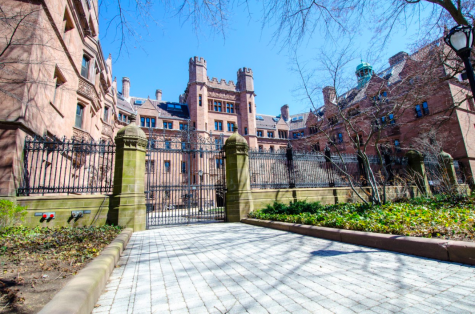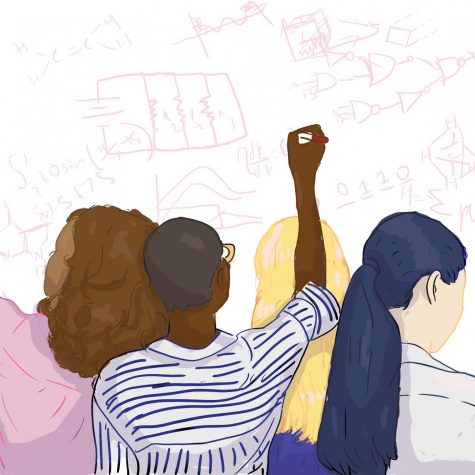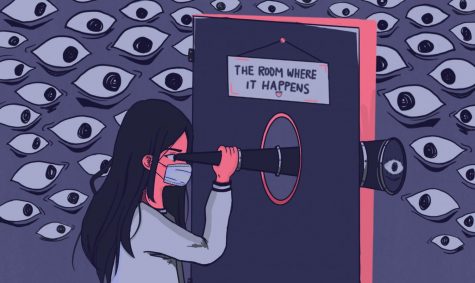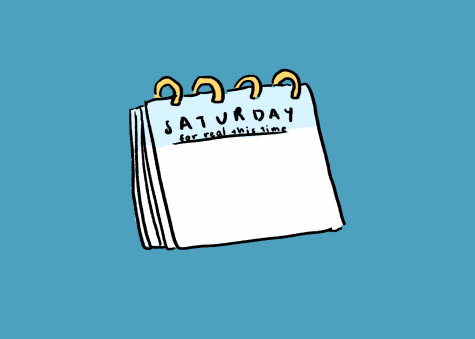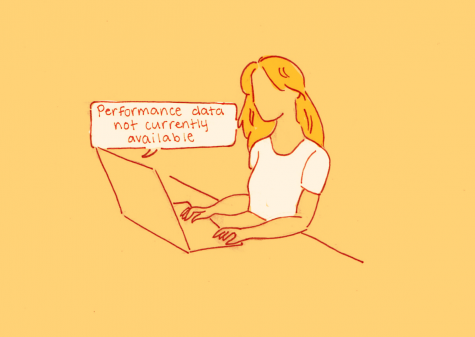And years to go before we sleep
It’s 10:30 at night after a long, busy Monday, and after check-in all you want to do is brush your teeth and crawl into bed. But you have an English essay due tomorrow—and you haven’t even started it.
I don’t care how brilliant or organized a student you are. One day—perhaps in the middle of fifth form, or during sixth form fall—this will be you. You will be this person, and you will hate yourself. You’ll think of how things could’ve been if only you had written the outline on Saturday, the first three paragraphs on Sunday, and finally finished the last two paragraphs in the early Monday afternoon. Instead, you had a sports game on Saturday, and two tests on Monday which had to be studied for on Sunday. After school on Monday you had sports practice, sit down, and an all-school lecture which ended at 8:15. By 8:30, you were in the Schoolhouse ready to work—which is exactly what you did—on homework that was also due tomorrow. So here you are, at 10:30 with easily two and half hours of work ahead of you—which means you’ll be in bed around one, and if you get up at seven, that means you’ll have six hours of sleep to run on.
Quite honestly, six hours of sleep once in a while isn’t all that bad, but when you have night after night of four to six hours of sleep, your body and mind eventually become so exhausted it’s impossible to function properly. While it’s true that time is occasionally spent unwisely at Groton, for the most part students care enough about their studies to do their work well, and in a timely fashion. So why is everyone always tired?
Let’s start with the most obvious reason: we all know that teenagers are supposed to get nine hours of sleep every night—in the Health Center there’s even a notice informing students of this fact. But in upper school dorms it’s actually impossible to get the nine hours of sleep every teenager is supposed to have. With check-in beginning at ten, it’s unrealistic to think you can be in bed before 10:45, and because we have chapel at eight, waking up after seven infringes on breakfast time. So, even if you are the most efficient person in the entire world you can still only get 8 hours and 15 minutes of sleep every night.
Secondly, at Groton the workload can be overwhelming—occasionally bordering on ridiculous. With everything we have to do (sports, standardized testing, clubs, etc), work is often pushed into the wee hours of the morning—either by staying up late or waking up early. Groton students are not slackers, and are frequently willing to sacrifice precious hours of sleep for an A.
I don’t think Groton should significantly cut down on workload—I just think that teachers should be aware that on some nights students can’t begin working until 8:30 because of an all-school lecture. Or sometimes they don’t do their reading because they had two other tests to study for, and in order to get one more hour of sleep in, they made the decision to skip it. I don’t think that teachers should necessarily condone this behavior—I just think that they should understand it, and react to it appropriately.
Often, I feel that teachers exclusively blame the students for not getting enough sleep, or for inadequately prioritizing their sleep—but at the same time, students don’t prioritize sleep because teachers don’t prioritize students’ sleep. And I really don’t think that that’s wrong—we all knew what we were getting ourselves into at Groton. With that being said, I also think teachers should be able to tell when it’s appropriate to call a student out when it’s obvious they didn’t do their work, and also times when saying nothing is better. I’ll admit that there have been more than a few times when I didn’t do homework simply because I really didn’t feel like doing homework—however, there have also been many times when I didn’t do daily homework because I had an essay and a test on the same day.
So I don’t think that Groton should change. Groton is Groton, and we all chose to come here for some reason or another. I do think, however, that teachers should be empathetic towards students because more often than not when students don’t do homework for a class, it’s not out of disrespect to the teacher—it’s out of respect for the sleep their bodies so desperately need.





